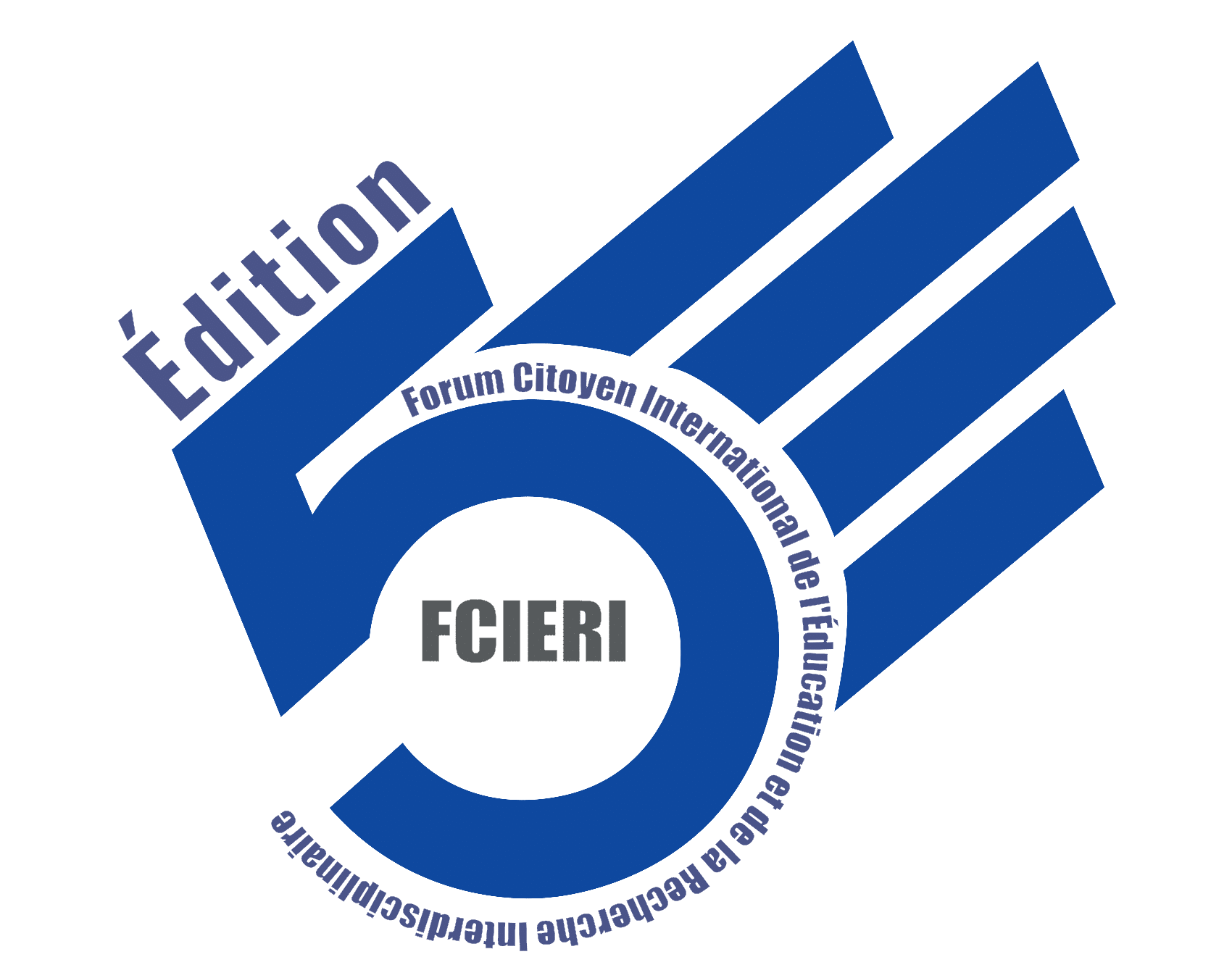Track description
The emergence of the concept of ATAWADAC (Any Time Any where Any Device Any Content), which stipulates the democratization of knowledge and the free management of learning according to the convenience of learners, has called into question the relevance of the teaching profession in a world governed by technological advances. In addition, the advent of social networks has encouraged informal learning. Faced with the digital revolution which amazes young people and stimulates their curiosity, the teacher cannot ignore its impact on the progression of knowledge and the revitalization of the class. To succeed in his mission, he will have to develop digital skills allowing him to manage both face-to-face and virtual classes. To what extent does initial and continuing training contribute to the development of digital skills, required for the smooth running of lessons? Faced with the panoply of open educational resources, how can the learner be directed towards reliable sources of information? How to encourage collaboration between learners in different learning contexts? How to adapt teaching practices for the benefit of quality learning? How to take advantage of digital devices to overcome spatiotemporal constraints? How to use digital tools to ensure inclusive education? How will the school continue to attract learners in the face of the multitude of platforms that offer attractive and accessible courses for all?
This axis will focus on the advantages and disadvantages of using digital technology in the classroom. It will shed light on the courses of action to be taken and the means to be deployed to use them in favor of learning.
Track themes
• Techno- pedagogy and innovative approaches in the classroom;
• Support for learners in the various learning systems;
• Teaching methods: face-to-face, remote, hybridity and co-modality;
• Teaching planning according to the different modalities;
• The issues and challenges of using digital technology.

 Le Forum mondial sur l’éducation, tenu en mai 2015 à Incheon sous l’égide de l’UNESCO et ses partenaires, s’est conclu par la Déclaration d’Incheon pour l’Éducation 2030, un engagement historique de transformer la vie grâce à une nouvelle vision de l’éducation et à des actions courageuses et innovantes pour la réaliser. Le Cadre d’action Éducation 2030, qui établit cette nouvelle vision de l’éducation pour les 15 années à venir, a été adopté par plus de 180 états membres de l’UNESCO. Quatre ans plus tard, à la 9e Réunion mondiale de la Consultation collective des ONG pour Éducation 2030 (CCONG-Éducation 2030), qui s’est tenue en Tunisie en 2019, les organisations participantes ont affirmé que le monde est confronté à une crise éducative, causée par un manque de volonté politique, une faible priorisation de l’éducation et un financement insuffisant. De plus, elles ont constaté une tendance croissante à la commercialisation de l’éducation, ce qui contribue à creuser davantage les inégalités. Les systèmes éducatifs mondiaux ne semblaient pas respecter l’engagement pris dans le programme Éducation 2030. Le ministre de l’Éducation de la Tunisie d’alors avait, à la même occasion, souligné que la plupart des pays n’avancent pas suffisamment pour atteindre les objectifs fixés pour 2030. Il a appelé à une reconnaissance de l’importance stratégique de l’éducation pour toutes les nations et a encouragé la société civile à jouer un rôle majeur dans la mobilisation pour y parvenir.
Le Forum mondial sur l’éducation, tenu en mai 2015 à Incheon sous l’égide de l’UNESCO et ses partenaires, s’est conclu par la Déclaration d’Incheon pour l’Éducation 2030, un engagement historique de transformer la vie grâce à une nouvelle vision de l’éducation et à des actions courageuses et innovantes pour la réaliser. Le Cadre d’action Éducation 2030, qui établit cette nouvelle vision de l’éducation pour les 15 années à venir, a été adopté par plus de 180 états membres de l’UNESCO. Quatre ans plus tard, à la 9e Réunion mondiale de la Consultation collective des ONG pour Éducation 2030 (CCONG-Éducation 2030), qui s’est tenue en Tunisie en 2019, les organisations participantes ont affirmé que le monde est confronté à une crise éducative, causée par un manque de volonté politique, une faible priorisation de l’éducation et un financement insuffisant. De plus, elles ont constaté une tendance croissante à la commercialisation de l’éducation, ce qui contribue à creuser davantage les inégalités. Les systèmes éducatifs mondiaux ne semblaient pas respecter l’engagement pris dans le programme Éducation 2030. Le ministre de l’Éducation de la Tunisie d’alors avait, à la même occasion, souligné que la plupart des pays n’avancent pas suffisamment pour atteindre les objectifs fixés pour 2030. Il a appelé à une reconnaissance de l’importance stratégique de l’éducation pour toutes les nations et a encouragé la société civile à jouer un rôle majeur dans la mobilisation pour y parvenir.